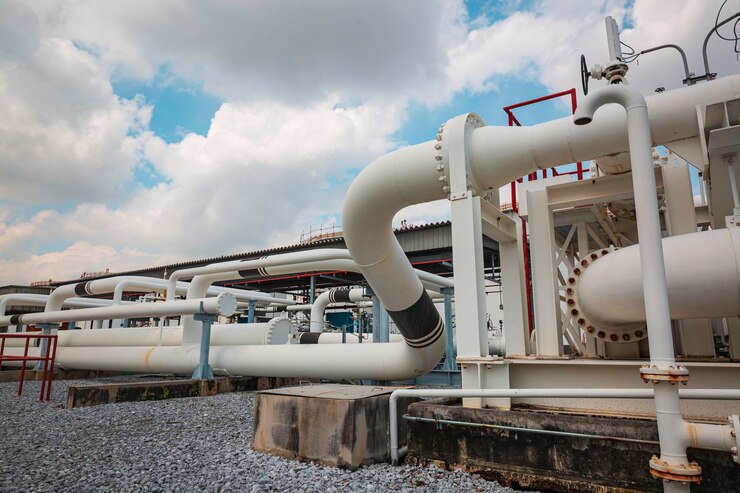NEWS
The Ultimate Guide to Pipe Connectors: Everything You Need to Know

A pipe connector is an essential component in plumbing, construction, and industrial systems. They allow the secure joining of pipes and ensure the efficient flow of liquids or gases.
Whether you’re working on a DIY project or managing a large-scale installation, understanding the various types of pipe connectors, their uses, and how to select the right ones is crucial. In this ultimate guide, we’ll cover everything you need to know about pipe connectors, from materials and sizes to the best practices for installation. Keep on reading!
Types of Pipe Connectors
There are several types of pipe connectors, each designed for specific purposes:
Couplings
Couplings are one of the most common types. They connect two pipes of the same diameter in a straight line. They are perfect for extending the length of a pipe.
Elbows
Elbows allow pipes to change direction. They are available in 90-degree and 45-degree angles. Elbows are essential in plumbing systems to navigate around obstacles.
Tees
Tees have a T-shape and connect three pipes. They are used to split the flow into two directions or to combine flows from two sources into one.
Reducers
Reducers are used to connect pipes of different diameters. They help in adapting the flow from a larger pipe to a smaller one or vice versa.
Unions
Unions are similar to couplings but can be easily disconnected and reconnected. They are handy for maintenance and repairs.
Adapters
Adapters connect pipes of different types. For example, they can connect a plastic pipe to a metal pipe.
Caps and Plugs
Caps close the end of a pipe, while plugs block the flow in a pipe. They are used to seal off unused pipes or openings.
Materials Used in Pipe Connectors
Pipe connectors are made from various materials, each suitable for different applications:
PVC (Polyvinyl Chloride)
PVC connectors are lightweight, easy to use, and resistant to corrosion. They are ideal for cold water applications and drainage systems.
Copper
Copper connectors are durable and can handle high temperatures. They are commonly used in hot water systems and refrigeration.
Brass
Brass connectors are strong, corrosion-resistant, and suitable for both hot and cold water applications. They are often used in plumbing systems.
Stainless Steel
Stainless steel connectors are highly durable and resistant to corrosion. They are used in industrial applications and where hygiene is essential, like in food processing.
PEX (Cross-linked Polyethylene)
PEX connectors are flexible, resistant to scale and chlorine, and suitable for both hot and cold water applications. They are popular in residential plumbing.
Choosing the Right Pipe Connector
Selecting the right pipe connector is crucial for ensuring a secure and efficient piping system. Several factors come into play when making this choice, including the type of pipe, the application, the material, and the size of the connector.
By considering these key elements, you can ensure compatibility with your piping system, whether it’s for residential, commercial, or industrial use. If you need more help, you can consult experts like FRP Pipe Installation Contractors to ensure proper guidance.
Exploring: Pipe Connector
Understanding the different types of pipe connectors and their applications can make your plumbing projects easier and more efficient. Whether you’re extending a pipe, changing its direction, or connecting different types of pipes, there’s a pipe connector designed for the task. Always choose the right material and size to ensure a secure and long-lasting connection.
For more topics similar to this article, don’t forget to check out the rest of our blog!
Having completed my education in English, I’ve cultivated a successful career as a content writer. My tenure includes valued collaborations with distinguished professional organizations, reflecting my commitment to producing high-quality content.
Contact me on this mail: [email protected]










